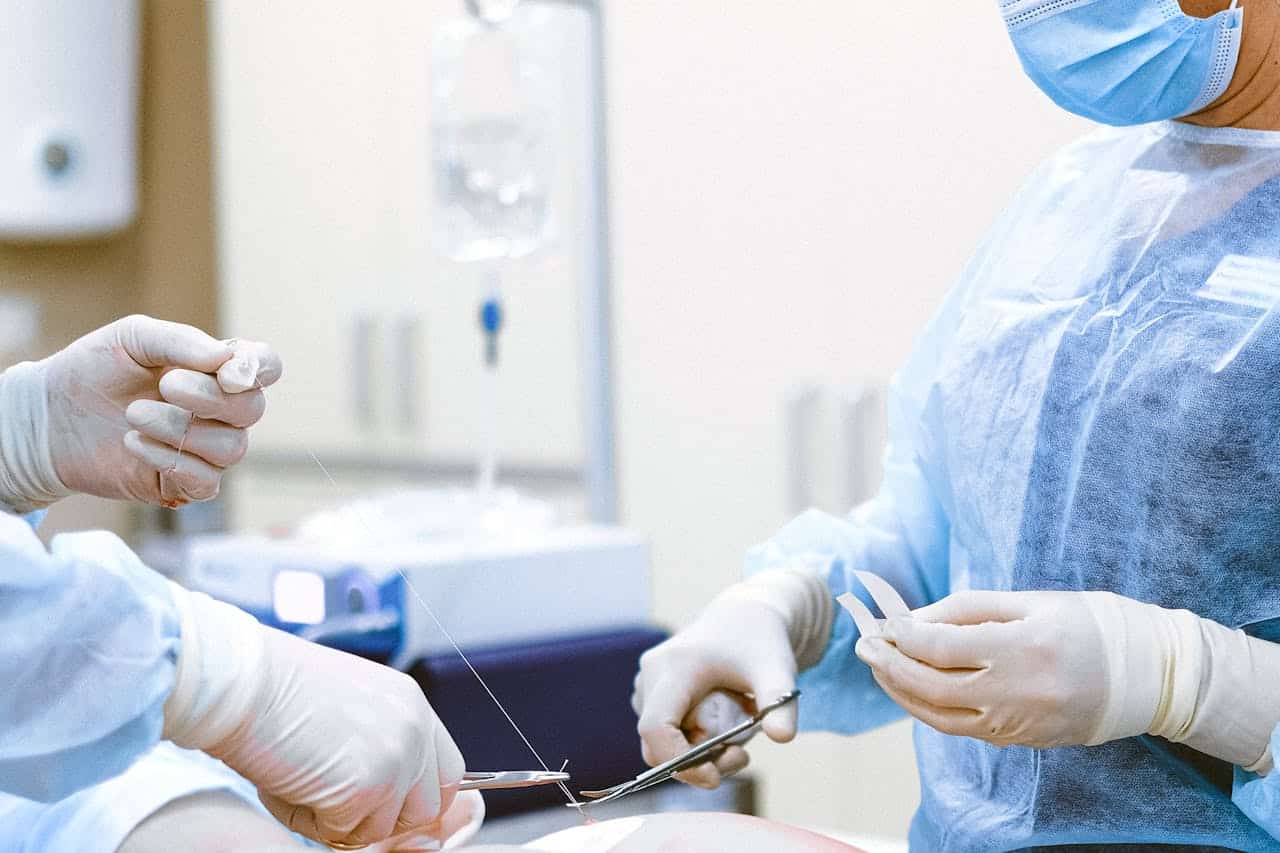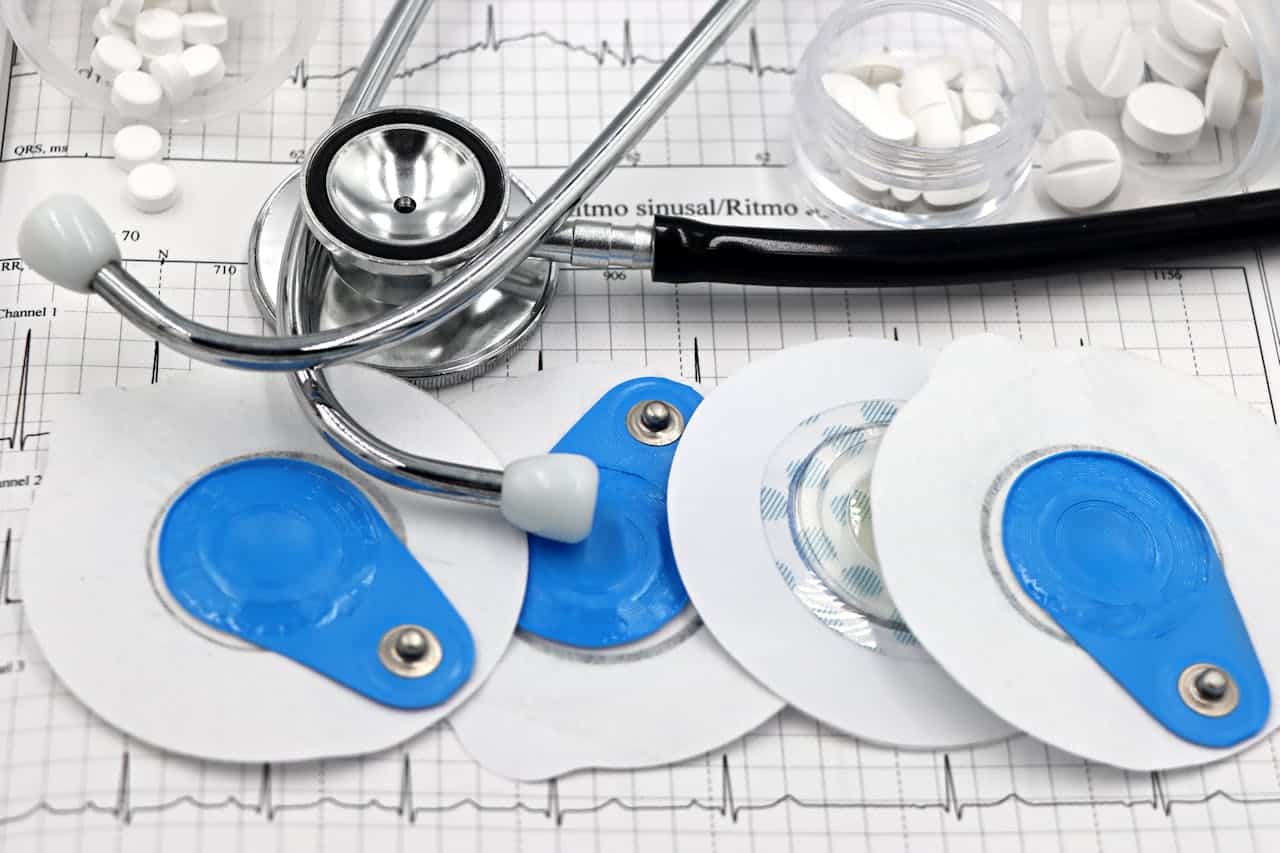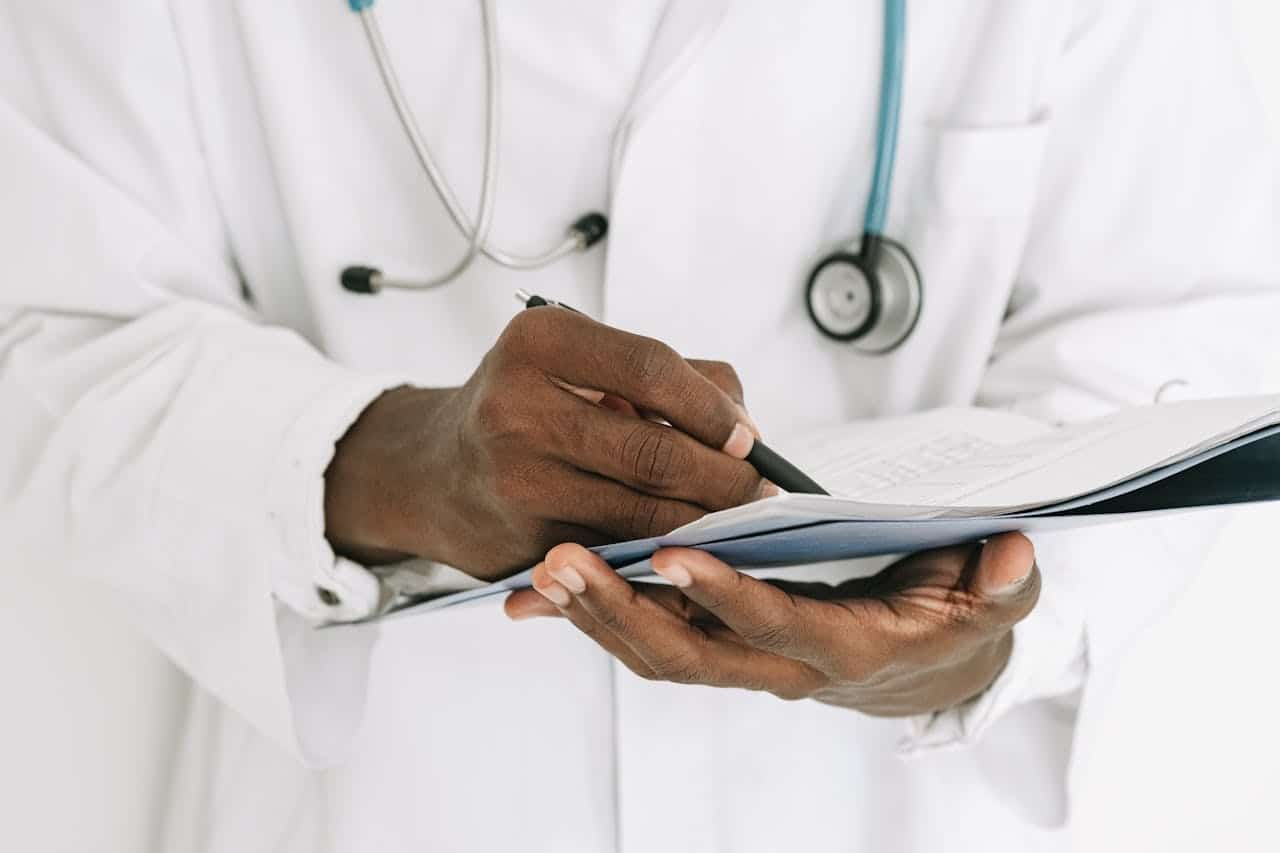Experiencing a medical accident is a challenging ordeal. It’s an event where something goes wrong during a medical procedure or treatment, often resulting in unexpected harm or outcomes. These unfortunate incidents can be overwhelming, affecting not just health but also emotional and financial well-being. In these times, the importance of collecting and organizing the right documentation cannot be overstated. Properly documenting what happens can play a significant role in addressing the aftermath, ensuring that you’re prepared for any potential legal actions and helping you make sense of the entire situation.
Having the right documents on hand is essential. It’s like having a roadmap that guides you through each step of addressing the issues that arise from a medical accident. With comprehensive and well-organized records, you can effectively communicate with healthcare providers and take informed steps to protect your rights. Let’s explore the immediate actions you should take following a medical accident and why these steps matter.
Immediate Steps to Take Post-Accident
When a medical accident occurs, acting promptly is important. Here’s a quick guide to the immediate steps you should consider:
- Collect Personal Medical Records: Start by gathering your medical records. This means getting all your recent medical evaluations, test results, and any other documentation that relates to your treatments. These documents will serve as a critical foundation for understanding what went wrong.
- Document the Incident: Write down detailed notes about the accident. Include information like the date, time, and location of the incident, as well as the names of any medical staff involved. Describe what happened and any immediate effects you experienced. The more detail you can provide, the better.
- Gather Witness Statements: If there were others present during the accident, such as family members or other patients, get their statements. Their perspectives can provide additional context and support to your documentation.
These steps help set the stage for clear communication and enable you to start building a thorough record that could be invaluable in future actions. Whether the issue requires legal attention or merely assistance in rectifying a problem, organized documentation arms you with the necessary information to proceed effectively.
Essential Documents to Compile
Having comprehensive documentation is key when dealing with a medical accident. Here’s a list of crucial documents you should compile:
- Medical Reports and Diagnostic Tests: Gather all reports from doctor visits, including diagnostic tests like X-rays, MRIs, or blood tests. These documents highlight the medical procedures undertaken and the health issues diagnosed.
- Hospital Records and Treatment Details: Request copies of your complete hospital records, which should contain details about your hospital stays, surgeries, and any procedures performed. This will help in pinpointing where things may have gone wrong.
- Prescriptions and Medication Receipts: Keep records of all prescribed medications, including dosages and any receipts for their purchase. This helps corroborate your treatment plan and expenses incurred due to the accident.
By maintaining these documents, you set the groundwork for managing your medical accident scenario effectively. The clarity and details they provide can be pivotal in addressing discrepancies or concerns about your care.
Communicating with Healthcare Providers
Communication with healthcare providers is essential in navigating the aftermath of a medical accident. Here’s how to make sure you stay informed and engaged:
- Request Detailed Injury Reports: Ask your doctors for comprehensive reports detailing the nature and extent of your injuries. These documents should clearly outline what medical conditions were noted.
- Maintain Correspondence Records: Keep copies of all communications with healthcare professionals, whether emails, letters, or consultation notes. These form a record of the ongoing dialogue about your treatment and concerns.
- Secure Written Communication: Ensure any crucial conversations related to your treatment or allegations of the accident are confirmed in writing. This documentation could be valuable if disputes arise or legal actions are pursued.
Proactively managing communication with your healthcare providers strengthens your position and helps ensure that nothing gets overlooked. It also aids in establishing a clear narrative if you need to explain your situation later on.
Legal Considerations for Documentation
Navigating the legal landscape after a medical accident in Tampa, Florida, involves several considerations:
- Understanding Patient Rights: Familiarize yourself with your rights as a patient under local laws. Knowing what protections you have in Tampa can guide you in seeking justice and ensuring compliance with legal norms.
- Consulting an Attorney: Engaging an attorney can provide insights into additional documents you might need. They can offer advice tailored to the specifics of your case, ensuring all relevant information is at your disposal.
- Keeping Records Organized: Organizing your records efficiently means you’ll have ready access to essential information. This approach minimizes stress and helps ensure that you can respond quickly if further documentation is requested.
Documenting your medical accident thoughtfully positions you to handle potential legal proceedings with confidence. It’s not just about accumulating paperwork; it’s about ensuring that your voice is heard, and your rights are protected.
Moving Forward After a Medical Accident
Proper documentation serves as a cornerstone for seeking legal recourse if necessary. It equips you with the evidence needed to pursue claims and articulate your case effectively. Partnering with an attorney can smooth the path, helping you navigate challenging legal waters and chart a course toward resolution.
Remember that taking action starts with being informed and prepared. Your experiences and the records you’ve compiled are powerful tools in addressing medical accidents. Be proactive in ensuring that your rights and wellbeing are prioritized as you move forward.
Facing the aftermath of a medical accident can be overwhelming, and having proper documentation is just the first step. If you’re navigating these issues in Tampa, partnering with an expert can make all the difference. At Greco, Wozniak & Ruiz-Carus, P.A., we understand the complexities involved and are here to help. Learn more about navigating a medical accident with confidence by exploring how our legal team can support your next steps.






